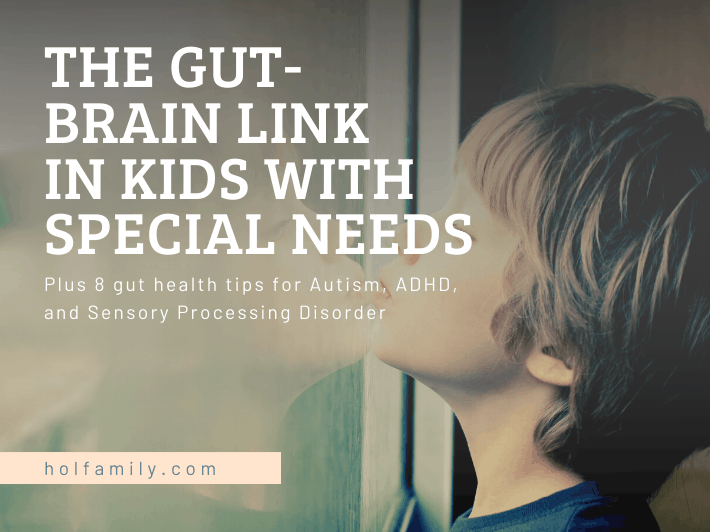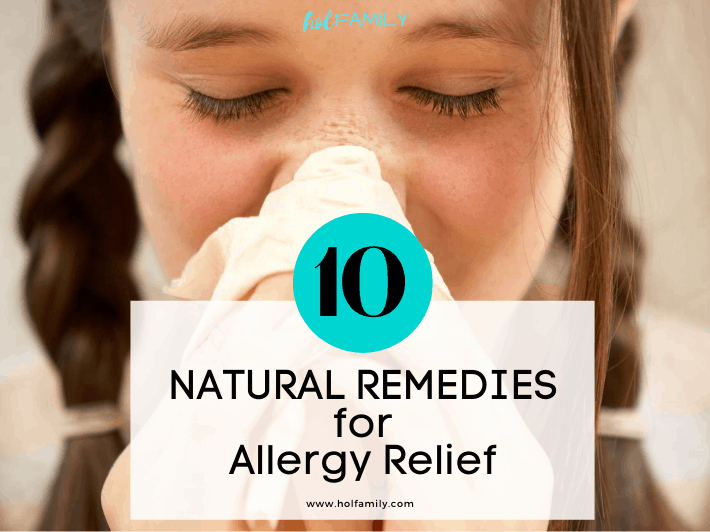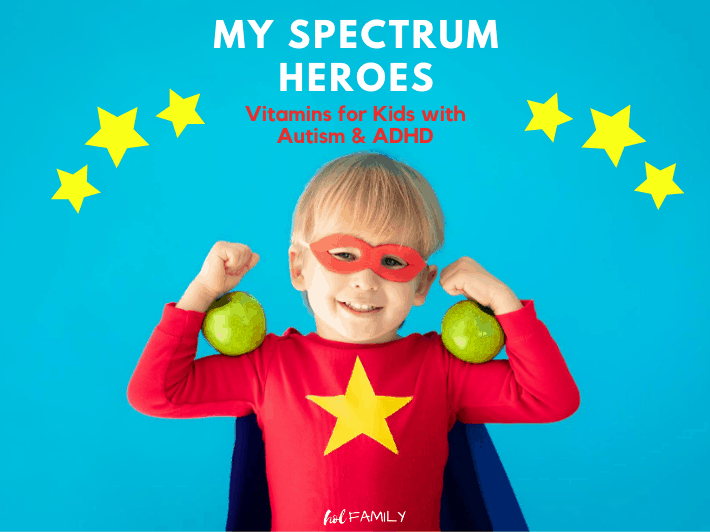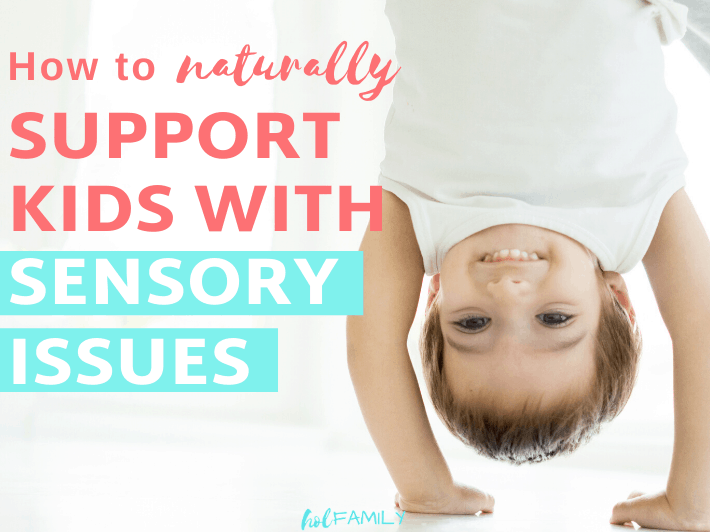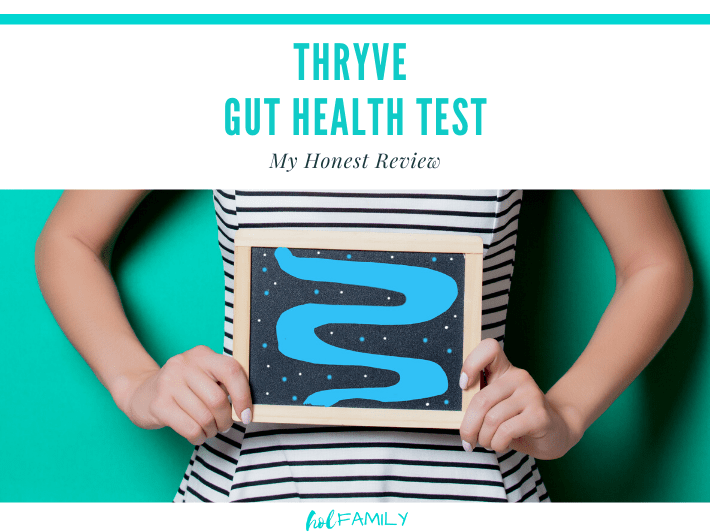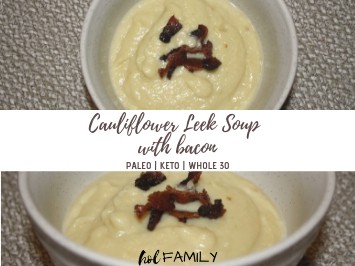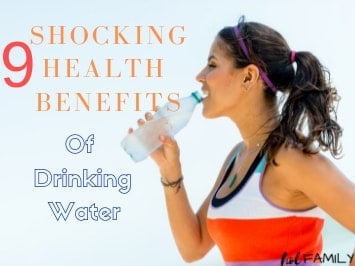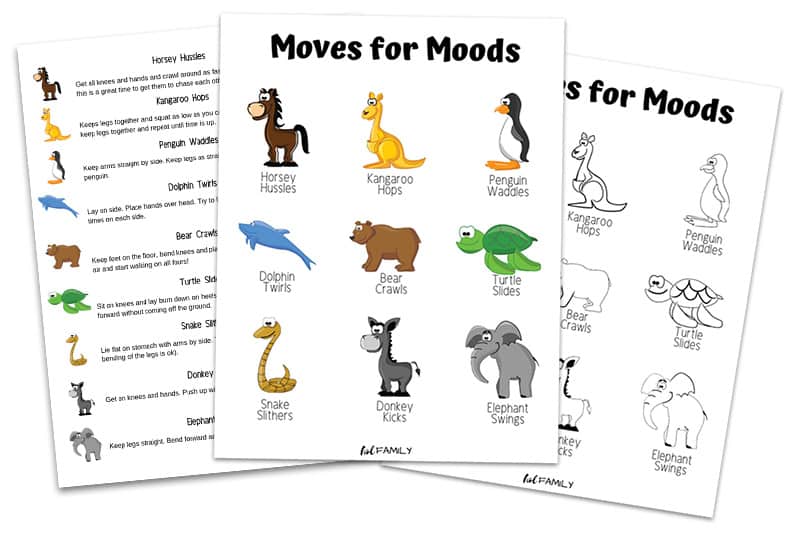We have three children, and our youngest little guy was diagnosed with an allergy to eggs when he was 7 months old. I was pretty sad since eggs are such an easy food for baby-led-weaning, but when I discovered that this meant as a breastfeeding Mother I couldn’t eat them either…I was literally devastated!
Eggs are such a HUGE part of our diet. We use them to make coconut flour pancakes for breakfast, eat them hard boiled or fried in some coconut oil for lunch, and often even use them in recipes for things like spaghetti squash sloppy joe casseroles for dinner!
Fast forward a few months, and thankfully we are at a point where I can safely consume eggs without it impacting our son. When I bit into that bright golden yolk after my brief hiatus, I was overjoyed!
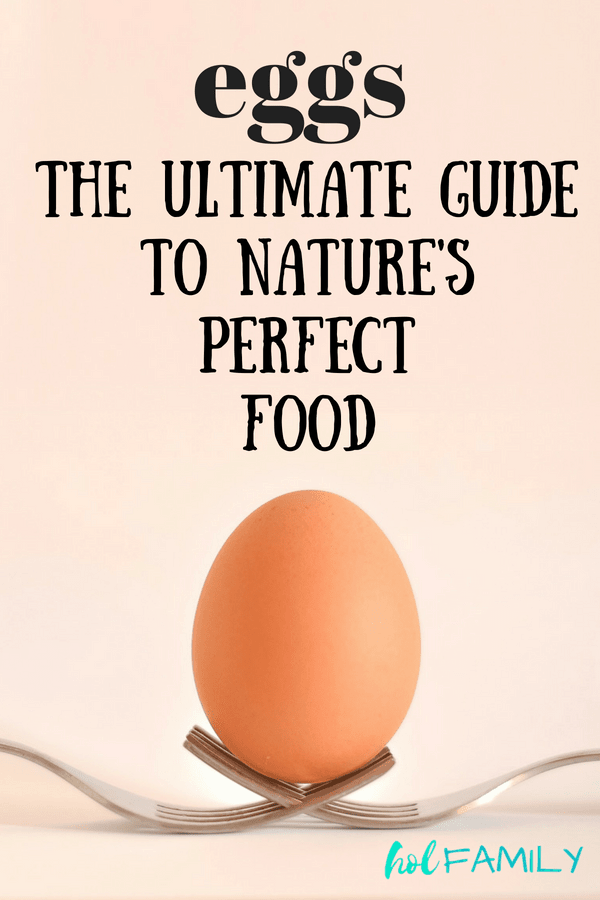
If you were to ask me what I thought the healthiest food on the planet was, you might be surprised to find out that I would say eggs! Okay, so maybe there is some superfood out there that grows in the Amazon and adds an extra 10 years to your life…but I’m talking about real, everyday foods!
Once believed to be too high in cholesterol and limited to just two a week, eggs are now finally being given the recognition they deserve. These tiny nutritional powerhouses have been given the green light and can safely be consumed in almost unlimited quantities.
Just a quick note of caution, while we no longer need to be concerned about the quantity of our eggs, we do need to pay attention to the quality of the eggs we are consuming. For more info on understanding what your egg labels mean, read this.
Nutrient Profile
Eggs are full of a number of life-giving elements including antioxidants and brain-boosting nutrients that people may be lacking.
Consider the fact that an egg is actually an unfertilized chicken, only one small step away from developing into a living being! This is why it contains such a wide array of nutrients that can provide us with a well balanced meal or snack any time of the day.
From vitamins and minerals to protein and healthy fats, eggs truly are nutritious and delicious!
One large egg contains:
Vitamin B12 (Cobalamin): 9% of the RDA.
Vitamin B2 (Riboflavin): 15% of the RDA.
Vitamin A: 6% of the RDA.
Vitamin B5 (Pantothenic Acid): 7% of the RDA.
Selenium: 22% of the RDA.
Eggs also contain small amounts of calcium, iron, potassium, zinc, manganese, Vitamin E, Folate, choline and many more.
One large egg contains 77 calories, with 6 grams of quality protein, 5 grams of fat and trace amounts of carbohydrates.
Almost all of the nutrients are contained in the yolk, and the white contains only protein. So, if you are regularly consuming just liquid egg whites, you may be missing out on many healthy nutrients found in the yolk.
Choline
We mentioned that eggs contain choline, which is one of the B-complex vitamins. This essential nutrient plays an important role in the synthesis of the neurotransmitter acetylcholine and is also a component of cell membranes. A low choline intake has been linked to liver diseases, cardiovascular disease and a host of neurological disorders.
Choline is a nutrient that is especially important for pregnant women.
In fact, many studies show that a low choline intake can increase the risk of neural tube defects and lead to decreased cognitive function in the offspring.
Choline isn’t just good for your baby’s brain…it is good for your brain too!
Choline has brain boosting elements that are beneficial for pregnant and breastfeeding mamas, helping to decrease the all-too common “baby brain” symptoms of brain fog, confusion and forgetfulness. Perhaps this is why many Chinese women have been said to consume a dozen eggs a day during pregnancy!
Choline is a macronutrient that isn’t just important for pregnant women! Being the newest nutrient to be added to our daily recommended list, we now know that choline plays a role in liver function, normal brain development, nerve function, muscle movement, supporting energy levels and maintaining a healthy metabolism.
The recommended daily intake is between 425-550 mg and one large egg contains 113 mg of choline.
Antioxidants
I bet you never thought that eggs were a high antioxidant food! Most people think of goji berries, blueberries, carrots and other similar foods when antioxidants come up, but eggs actually contain two antioxidants that can have powerful protective effects on the eyes.
Lutein and Zeaxanthin are both found in the yolk of the egg, and tend to accumulate in the sensor area of the eye called the retina.
Together, these antioxidants help to dramatically reduce the risk of Macular Degeneration and Cataracts, two of the top causes of blindness and visual impairment in the elderly.
Studies have actually found that eating just under one and a half egg yolks a day for as little as 4.5 weeks was able to raise the levels of Zeaxanthin and Lutein in the blood by a whopping 114-142% and 28-50% respectively. Wowsers!
Two other antioxidants studied in egg yolks are tryptophan and tyrosine. Researchers have determined that two egg yolks in their raw state have almost twice as many antioxidant properties as an apple and about the same as half a serving (25 grams) of cranberries.
Studies have also shown that the antioxidant properties in eggs may actually help to prevent heart disease and cancer!
Cholesterol
Oh cholesterol…we have vilified poor cholesterol over the years and studies are now showing that everything we previously believed about cholesterol is wrong!
Not too long ago, eggs were thought to be far too high in cholesterol (one large egg contains 212mg which is a lot compared to other foods).
We now know that just because a food is high in cholesterol, it doesn’t mean that it will raise cholesterol levels in the blood.
And, if we aren’t eating enough cholesterol in our diets, the liver will actually manufacture extra cholesterol! Cholesterol plays a very important role in many bodily processes.
Multiple studies have concluded that there is no association between egg consumption and heart disease!
In fact, they now believe that eating eggs may actually improve your cholesterol levelsby raising HDL (the “good” cholesterol”) and changing LDL (the “bad” cholesterol) to a different type that isn’t associated with heart disease.
And, the best news yet is that egg consumption may even play a role in improving insulin resistance!
Protein
Did you know that eggs are an excellent source of protein because they have a perfect amino acid profile? What’s the deal with protein anyhow and what are amino acids?
Proteins are macronutrients that are essential in the body because they are the main building blocks of the body and have both structural and functional purposes. Proteins are made up of 21 amino acids, which are linked together like chains.
While the body can actually manufacture most of these amino acids, 9 of them are deemed “essential” meaning that we must obtain them from the diet.
When we look at foods and determine the quality of their protein level, we grade them according to
how much of these 9 essential amino acids they have! An excellent score would be 100, and eggs have this perfect score!
In fact, many other protein sources are rated according to how closely they match the score of eggs! If that doesn’t make eggs nature’s perfect food then nothing does!!!
Eggscellent Eggs
Try incorporating eggs into different meals like a frittata for lunch, zucchini fritters for a snack, or spaghetti squash “pasta” with poached eggs on top for dinner.
Eggs are an excellent food, any time of the day. They are high in healthy fats and protein, and this makes them very satiating.
Eggs for breakfast will keep you full and energized much longer than a breakfast high in carbohydrates. This is because carbohydrates will spike your blood sugar and then after insulin is released, you will experience a surge in blood sugar and will feel hungry and tired again.
Protein will not have this same effect, so you can expect to go longer after eating those scrambled eggs!
Like most foods, when it comes to eggs, quality does matter. Eggs that come from hens raised in factories, caged all day long and fed grain-based feed will have a lower nutrient profile than those that are free-range.
It is best to buy Omega-3 enriched or pastured eggs, and organic whenever possible!
So get crackin…and enjoy those eggs hard-boiled, fried, scrambled, or over easy for a taste of nature’s perfect food!
Now, check out this post on how to navigate the confusing world of egg labels!



